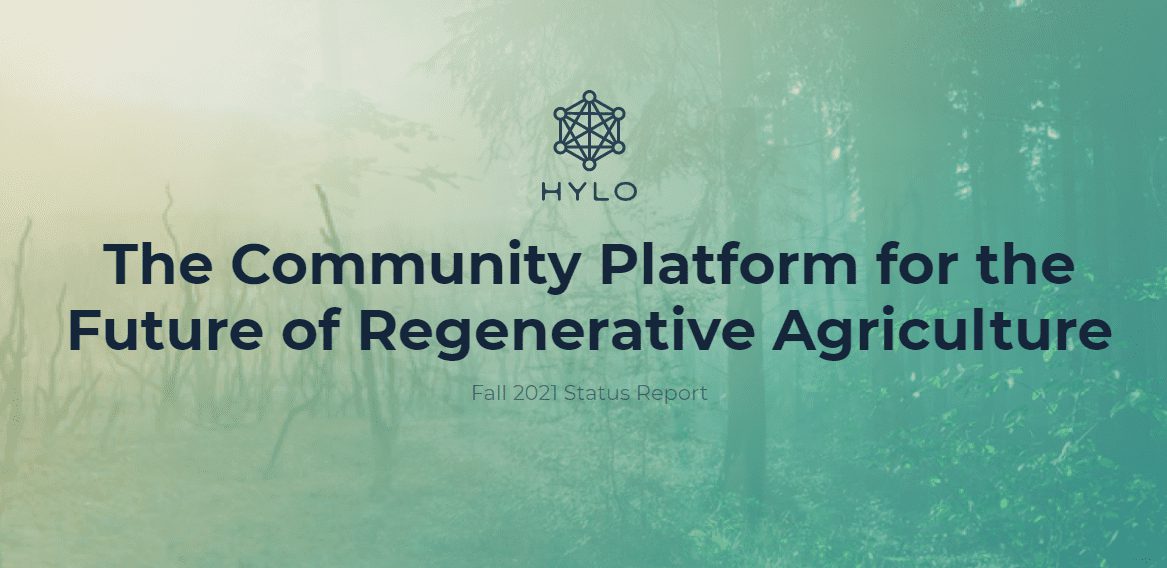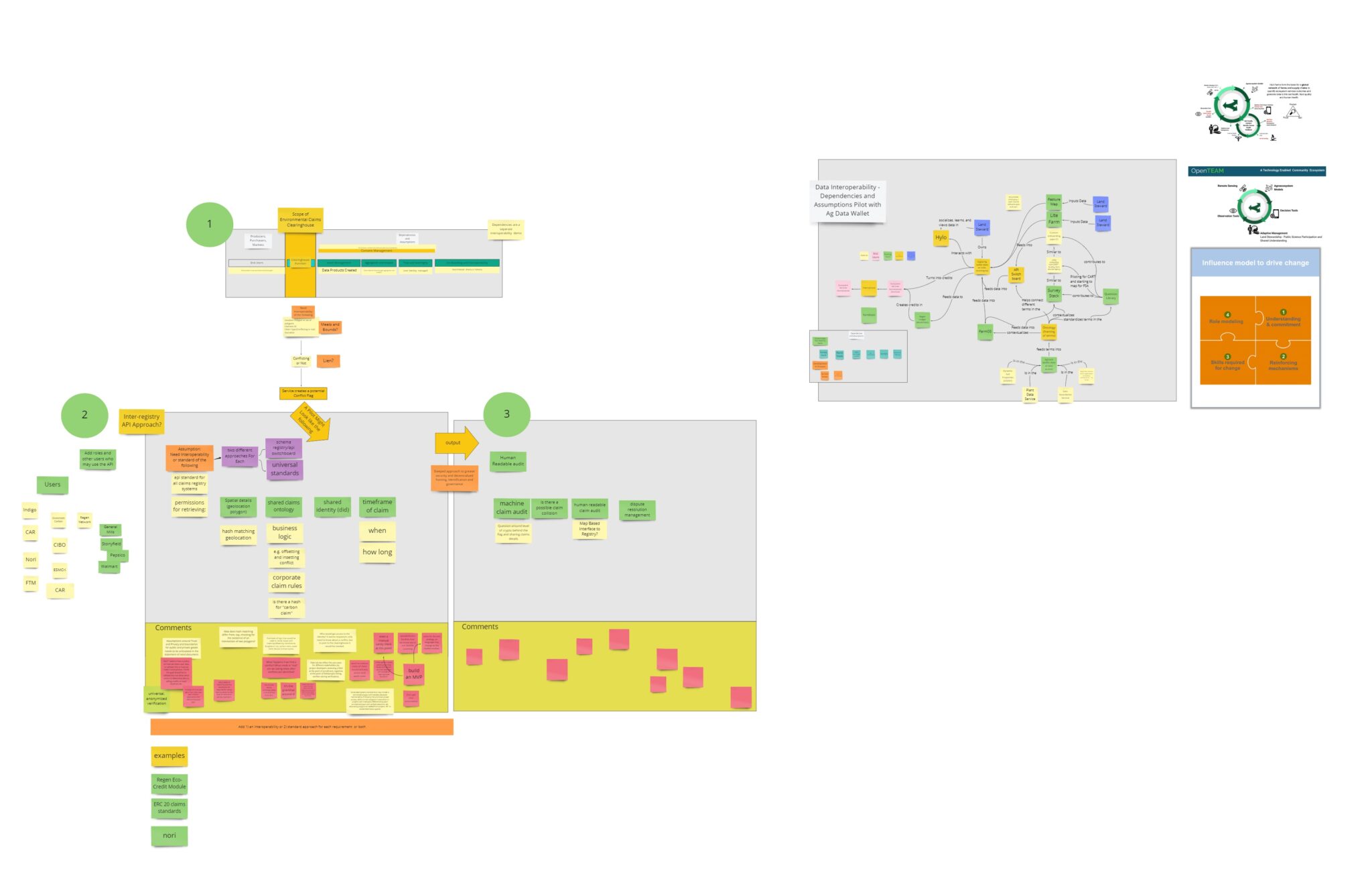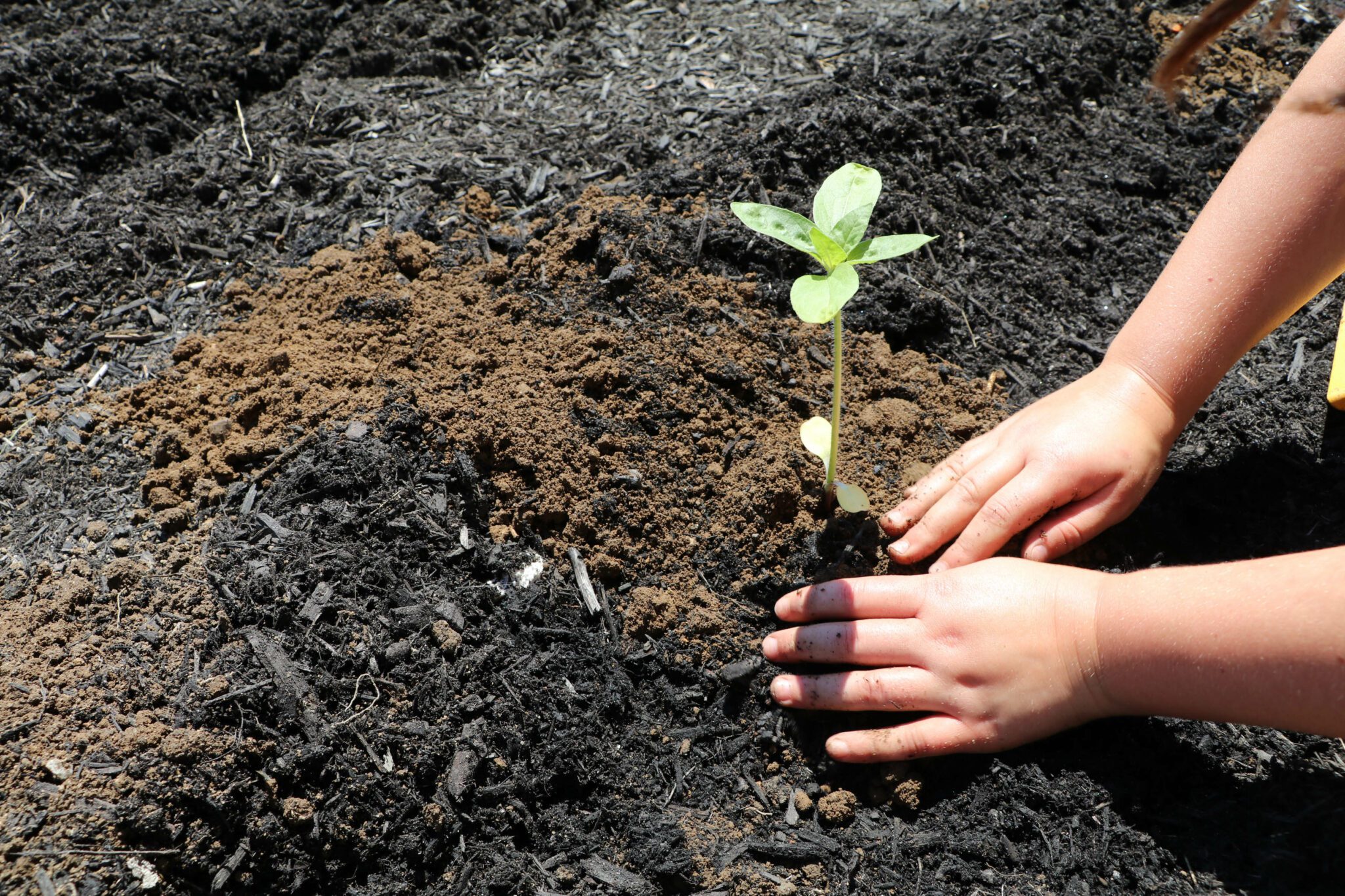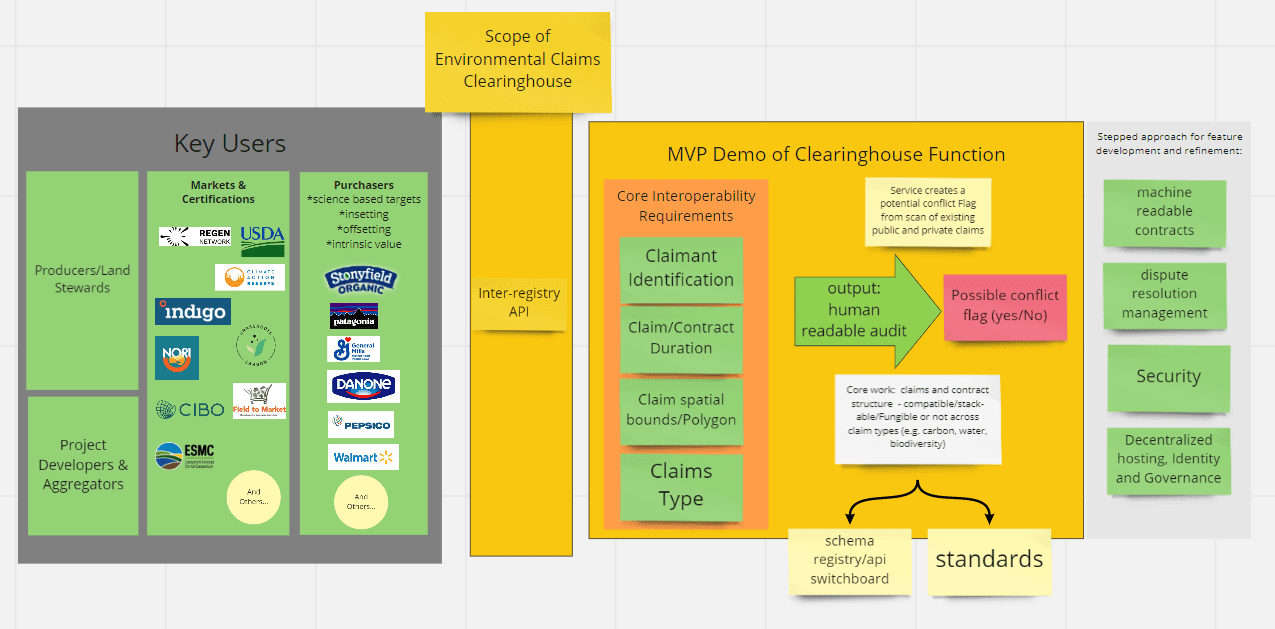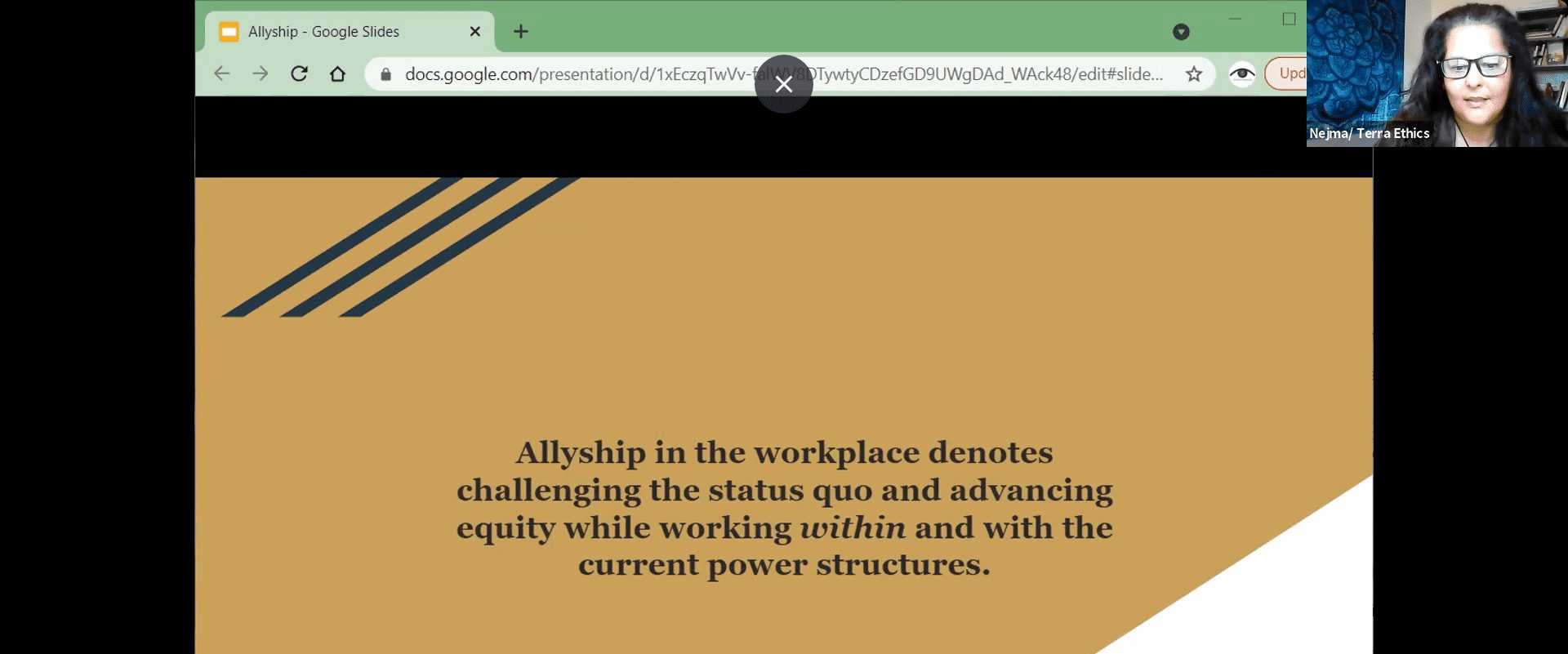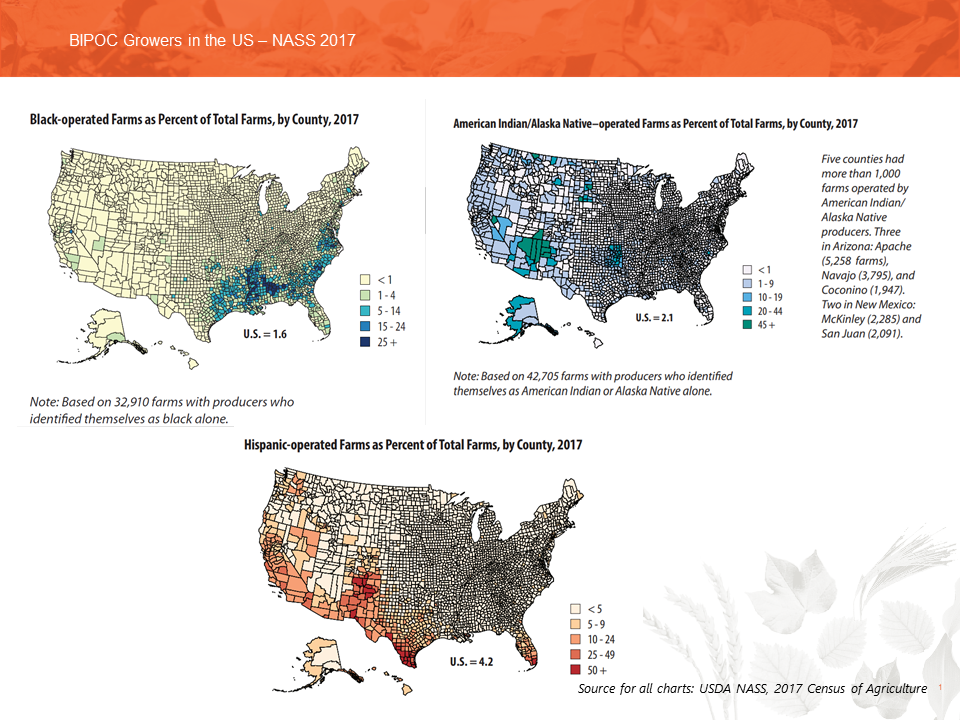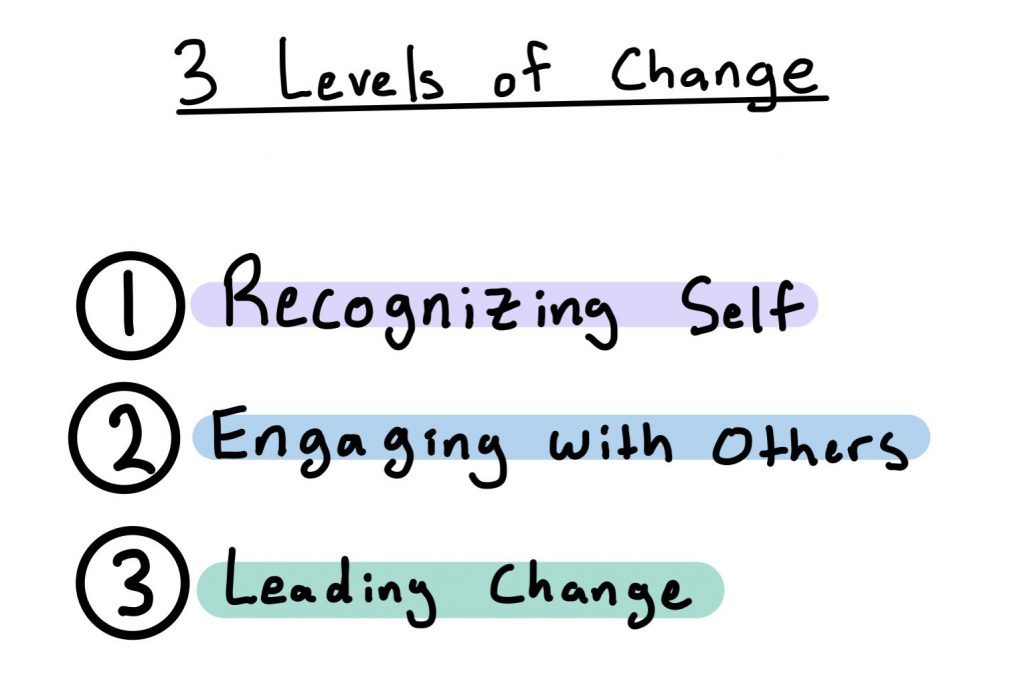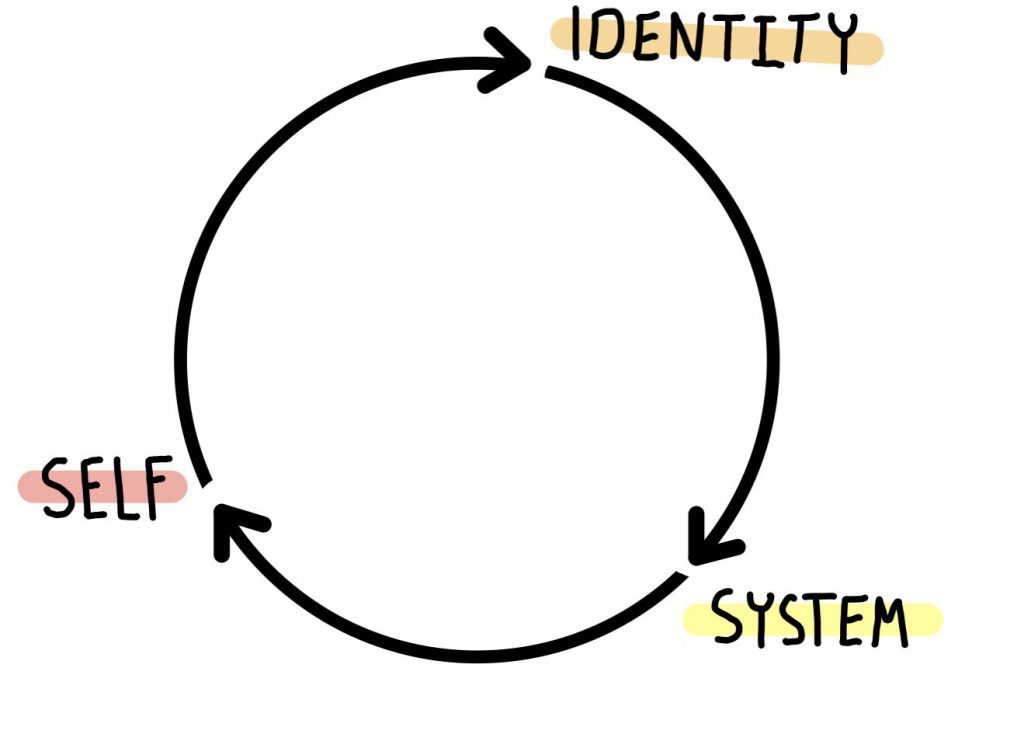Terran Collective is working to create a free and open source community platform for farmers, ranchers, and the regenerative agriculture movement through the social coordination platform called Hylo. Together with the OpenTEAM community and input from Regen Foundation, Terran is designing new features to extend the social coordination platform to support people improving soil health and advancing agriculture’s ability to become a solution to climate change.
For eight weeks in August and September, Terran co-led OpenTEAM’s Collaborative Community Platform Collabathon. Farmers, technologists, and advocates for equity and rights of nature joined Terran, Regen Network, and OpenTEAM to identify needs for social coordination and how to best shape Hylo. Through this infrastructure we are building, we will:
- Nurture relationships of mutual support among farmers.
- Develop community between farmers and the public.
- Grow deeper connections between humans & landscape.
- Enable a greater flow of resources towards regeneration.
Why Hylo?
Regeneration happens in place and it happens in community. Hylo is the only place-based platform that facilitates peer-to-peer collaboration across networked groups. As a result of what we co-create in this partnership, people engaged in regenerative agriculture will have access to coordination, collective governance, and finance tools calibrated to serve their needs.
The Collabathon
After establishing parameters for Hylo, OpenTEAM, and Regen Network participants to work together, Terran walked through the current profile & group functionality on Hylo to create a shared vision for future versions of profiles, like Farm Pages. They illustrated pathways for creating Farm Pages, including: how data is populated, maintained, and required API endpoints using the OpenTEAM ecosystem. APIs act as connectors between one technology and another, allowing them to “talk” to one another and exchange or transfer data. After creating these collaboratively, Terran held a Land Steward Engagement session to understand how Collabathon participants engage with land stewards, and gather the information necessary to develop a timeline and strategy for involving these land stewards in co-creating the community platform. Designs for Farm Pages were presented for feedback and collective visioning for how those designs should be adjusted. Terran also worked with Regen Foundation and how Hylo can support multi-stakeholder collaboration and allocation of funding. Lastly, Collabathon participants discussed how to incorporate community governance principles within Hylo.
Next Steps
Terran is taking what was learned in the Collabathon and implementing it in a set of features for Hylo that are currently in the development phase. This includes a set of interoperability with the OpenTEAM ecosystem, profile pages created specifically for farms, a way to represent land on Hylo, and implementation of collective governance principles.
Terran practices relationship-driven development to improve Hylo. This means they co-create with their stakeholders, and do their best to ensure that all relevant voices are included in our process. Through the Collabathon, Terran and Hylo learned that involving land stewards in these conversations is imperative. They learned that it is critical to go slow, build trust, and engage these folks in ways that are respectful of their time and energy. Using these principles, Hylo plans to test these new features with small groups of land stewards in a good and generative way over the course of 2022.
More about Terran Collective
Terran Collective is a community of care and practice in the Bay Area bioregion, based in Ohlone territory in the area colonially known as Oakland, California. Their mission is to amplify cooperation among people regenerating our communities and our planet, by building systems and tools that foster trust and relationship. Terran supports their community by making connections, bioregional organizing, and experimenting with systems of solidarity. They build technology for thriving, so that their community and the movements they are a part of have the tools they need to create impactful action in the world. They are also land stewards and permaculture practitioners, personally committed to restoring and transitioning land to regenerative management.
Interested in learning more about Hylo? Read the full report.
Special thanks to Clare Politano from Terran Collective for her support in creating this blog post and writing the full report.

